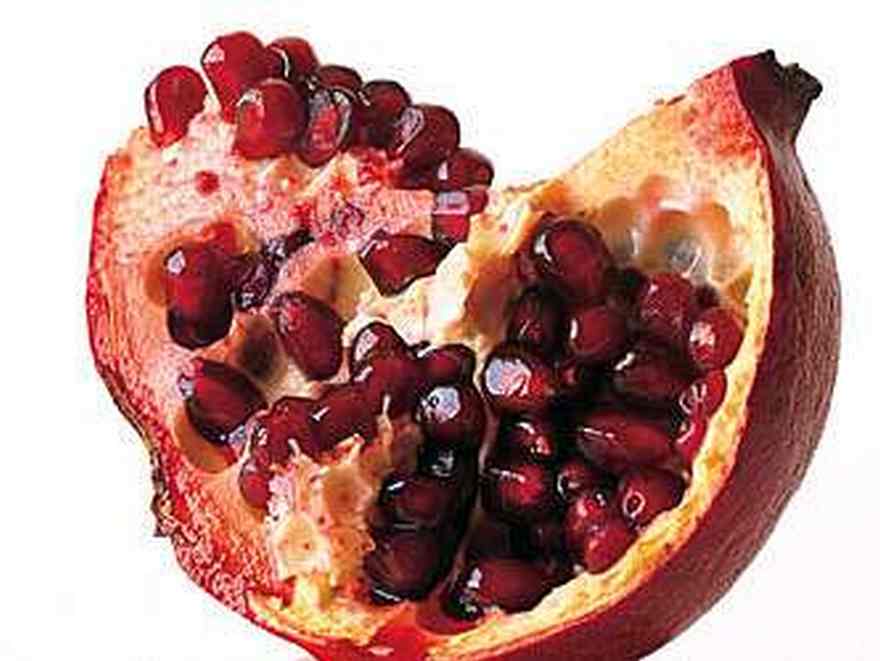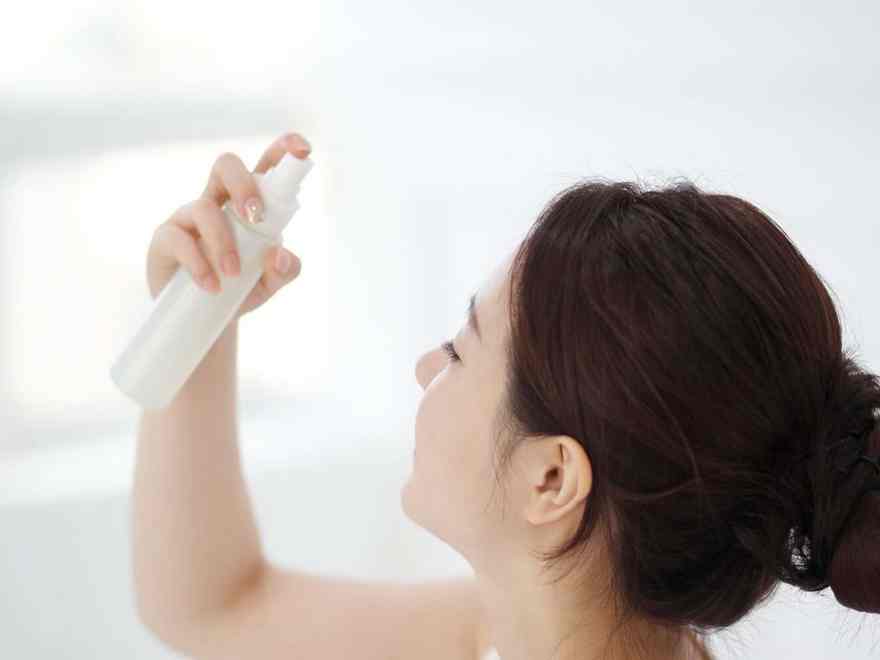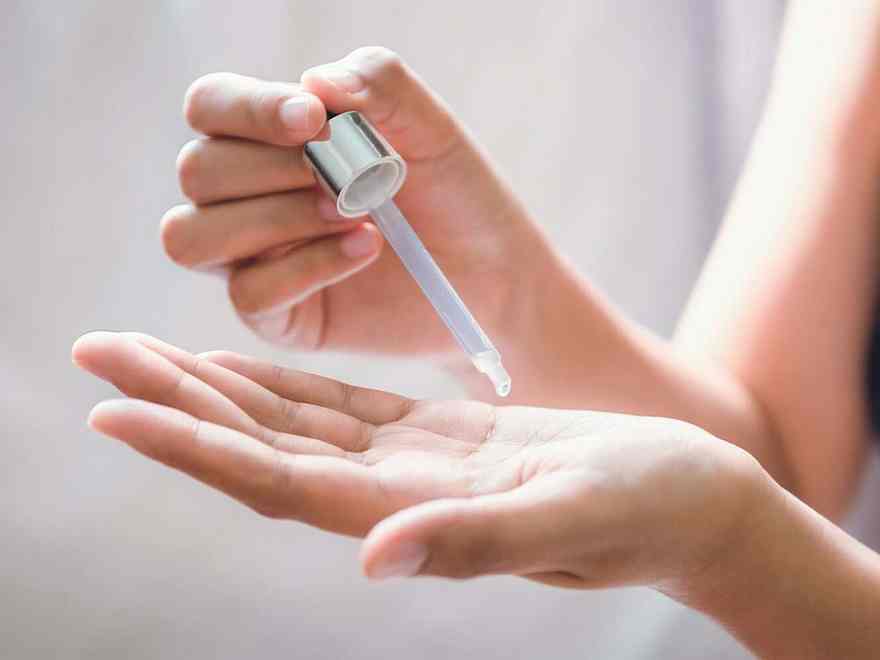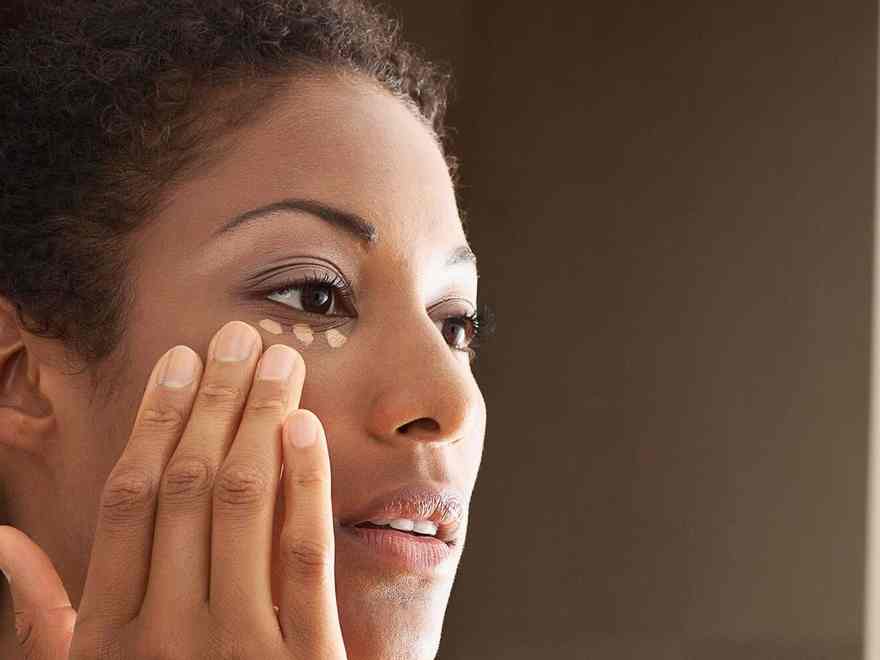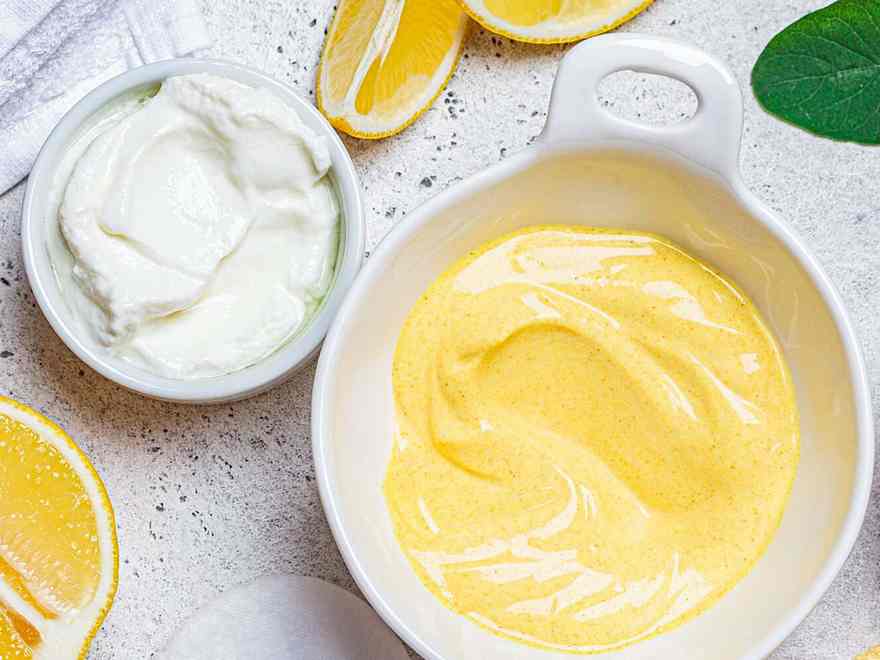
A myriad of pure, botanical-based magnificence manufacturers entered the market during the last decade, resulting in the daybreak of the clear magnificence motion. Rose Marie Swift, the founding father of RMS Magnificence, was one of many first to develop a variety of residing ingredient-based merchandise; in the present day, you possibly can stroll into mainstream magnificence shops and buy her creations. Many magnificence fanatics, channeling the ethos of those manufacturers, hope to develop a few of their very own magnificence merchandise at house, typically utilizing solely components discovered within the fridge or pantry. In response to Swift, doing this accurately is all about correct sourcing: It's necessary to make use of food-grade, natural substances of their pure states (she turns to a collection of oils, together with buriti, coconut, vitamin E, rosehips, and jojoba).
Nonetheless, trying to create your personal lip stain or face oil must be approached with warning. Forward, Swift and Dr. Anthony Rossi Jr., a board-certified dermatologist and globally acknowledged skilled on delicate pores and skin, weigh in on the dos and don'ts of making magnificence merchandise at house.
Associated: Going Clear? These Are the Finest Pure Magnificence Merchandise to Add to Your Routine
Security first.
Whereas step-by-step guides to creating your personal lip balms and salves are only a fast search away, it's necessary to vet all recipes with care and keep away from ones with sensitizing components. "When you're going to make your personal cosmetics, don't use harsh or caustic substances," affirms Dr. Rossi. When utilized in excessive concentrations, harsh brokers, equivalent to lemon juice, tea tree oil, or vinegar (all are frequent in DIY magnificence recipes), can irritate or burn the dermis. Sadly, Dr. Rossi has seen many sufferers who’ve tried these creations expertise chemical burns, irritation, or post-inflammatory hyperpigmentation. To fight this, "know what you're utilizing in your skincare merchandise," Swift notes. She recommends going to ewg.org, a database that helps folks keep away from potential dangerous compounds, whether or not they’re buying them at a retailer or making them at house.
Look into your fridge for components.
Beets, hibiscus, and berries—all of which could be present in your pantry and fridge—have been used for hundreds of years to present lips and cheeks a delicate stain. When you're making a lip balm, fruits will work as pigment, however Swift notes that they gained't ship opaque coloration; they’re additionally "unstable and alter coloration after a short while." Milk or yogurt masks, notes Dr. Rossi, are additionally well-liked fridge-derived magnificence therapies; they calm the complexion, however, once more, don't have a secure shelf life. Seeking to prolong the lifetime of your concoctions? Rosemary extract and coconut oil are naturally occurring preservatives, notes Swift.
Select the proper oils.
"Not all oils are appropriate for beauty use," warns Swift. She recommends sticking with pure iterations of their purest type; olive oil, uncooked coconut oil (an anti-fungal and anti-bacterial), tea tree oil, and vitamin E are available at house. "Jojoba is a wonderful selection as a result of it intently resembles the sebum produced by our pores and skin," she notes. Nonetheless, Dr. Rossi provides that sure oils trigger irritation when utilized in excessive doses and utilized immediately on the pores and skin. Tea tree oil, as an example, could cause burns if not correctly diluted. Swift additionally advises warning when working with important oils—she prefers abstaining from them solely: "In case you have rosacea, eczema, or psoriasis, it is best to keep away from utilizing important oils. They is likely to be irritating."
It is exhausting to know when DIY magnificence merchandise expire or flip rancid.
There is no such thing as a technique to take a look at for rancidity when making DIY magnificence items, however should you're dedicated to trying a recipe, Swift recommends using uncooked elements—like coconut and jojoba oils—as a base; these final for about two years. The shelf lifetime of sesame (two months), safflower (three months), and olive (4 months) oils are considerably shorter. Sadly, home-made substances that haven't been commercially manufactured or evaluated are doubtless prone to bacterial, fungal, or viral progress. "Commercially bought items endure intensive testing to confirm that micro organism and different contaminants don’t develop within the formulation and that the formulation stays secure over time," explains Dr. Rossi, noting that extra bold at-home potions are unlikely to work as effectively. "Because of this, the product wouldn’t perform as deliberate."



